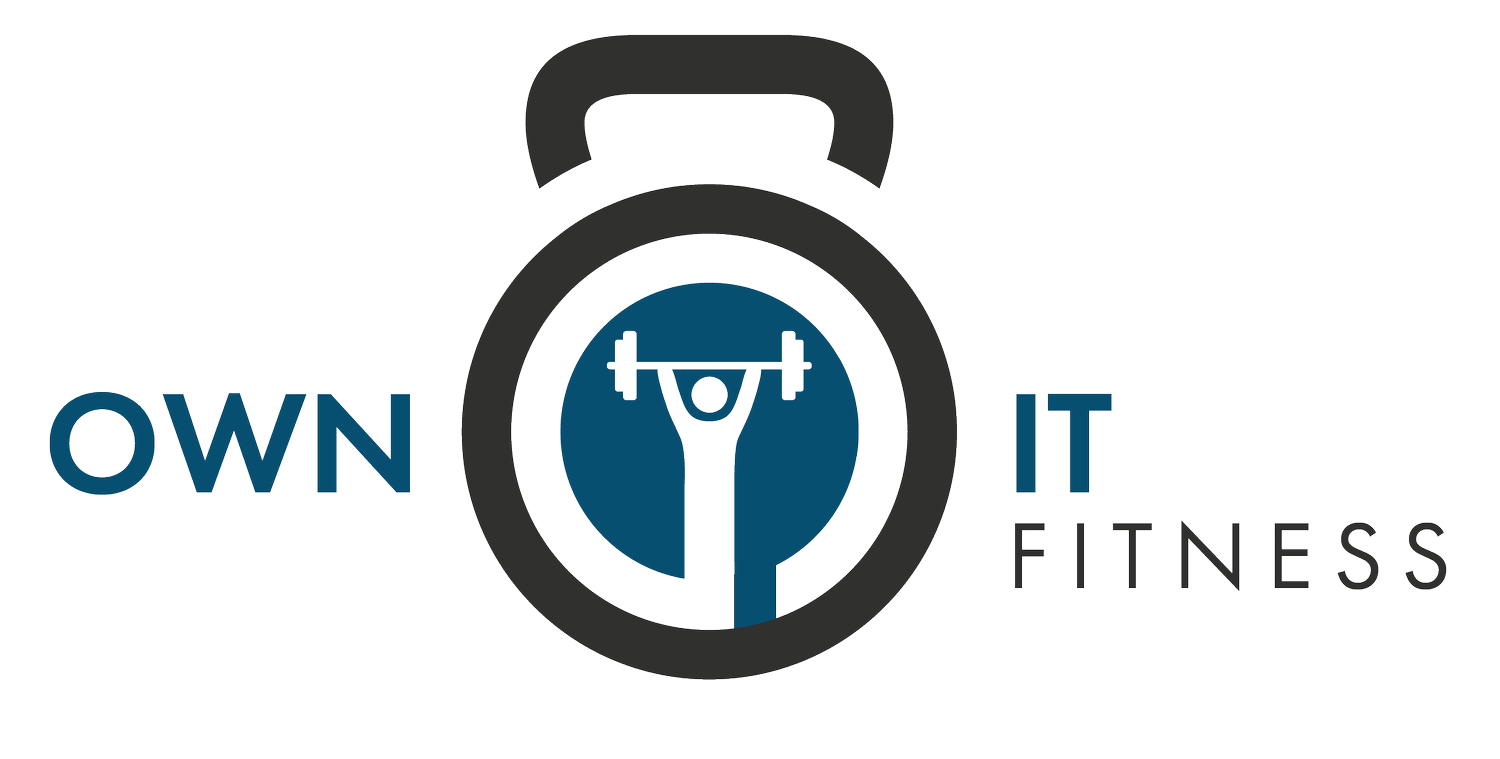Mastering Meal Prepping: A Guide to Easy and Efficient Meal Planning
Meal prepping is a game-changer when it comes to efficient and healthy eating. By dedicating some time upfront to plan and prepare meals in advance, you can simplify your daily cooking routine and make substantial progress toward your health and fitness goals.
Preparing meals in advance eliminates the need to cook from scratch every day, or spend crazy amounts of money on food delivery that’s not helping you achieve your goals. With all your ingredients ready to go, you'll spend less time in the kitchen and more time on other important aspects of your life. Whether it's work, family, or both, meal prepping frees up time and reduces mealtime stress. When you plan your meals ahead of time, you have more control over portion sizes and nutritional content. This makes it easier to maintain a balanced diet and avoid impulsive, unhealthy food choices.
Preparing for Meal Prep Cooking Day:
Create a Meal Plan: Decide on the number of meals you want to prepare for the week, considering breakfast, lunch, dinner, and snacks. Design a well-rounded meal plan that aligns with your dietary preferences and goals.
Make a Grocery List: Once your meal plan is ready, create a detailed grocery list. This will help you shop efficiently and avoid unnecessary purchases.
Invest in Quality Containers: Get a set of durable, airtight containers in various sizes. These will keep your meals fresh and prevent any leaks or spills in the refrigerator or freezer.
Designate Cooking Space: Set up a designated cooking space in your kitchen to streamline the meal prep process. Clear the counters, organize utensils, and ensure you have enough storage for your prepped meals.
Tips on How to Actually Prep the Meals:
Batch Cooking: Cook larger quantities of certain foods (e.g., grains, proteins) all at once, and then use them in various meals throughout the week. This saves time and allows for more versatile meal options.
Portion Control: Use a food scale or measuring cups to ensure accurate portion sizes for each meal. Proper portion control aids in managing caloric intake and reaching your health goals.
Freezing Some Meals: If your schedule allows, consider preparing and freezing some meals for future weeks. This is particularly helpful on busy days when you don't have time to cook.
Variety is Key: Keep your meal preps exciting by including a variety of flavors, textures, and cuisines. Experiment with different spices, herbs, and sauces to add interest to your meals.
Conclusion:
Meal prepping is a powerful tool that can transform your eating habits, save time, and help you stay committed to your health and fitness goals. Embrace this time-saving and goal-supportive practice, and enjoy the convenience and benefits it brings to your everyday life. Happy prepping!
